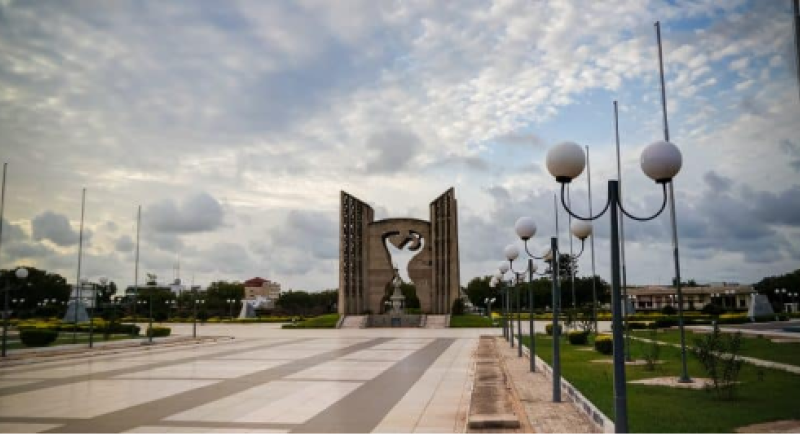TOGO: outline of the €180m “green budget

Ten years ago, at COP21 in Paris, France, Togolese President Faure Gnassingbé declared that "enough is enough! We need action". Well, he has just made his country one of the first in Africa to adopt a "green budget", not to be confused with the basic budgets of the civil service. The Afrik21 editorial team, which has consulted the 178-page document, explains what it entails.
It’s not just constitutional reform that has been in the news in Togo recently, but also this famous “green budget” worth 118.2 billion CFA francs (180 million euros). It will be divided between nine pilot administrations dealing with issues relating to the environment, biodiversity and climate change.
These include the Ministry of Town Planning, Housing and Land Reform and the Ministry of the Environment and Forest Resources. This is outside their budget envelopes set by the Finance Act. This amount is three times greater than what the government of Ghana, for example, has injected (€39 million) in 2023 into its ministry responsible for the environment.
Green for the resilience of Togo’s 9 million people
The Togolese initiative is therefore almost historic in West Africa, a sub-region which for the moment is bitterly swallowing the idea of ecological transition in favour of more industrial and energy-intensive projects. The €180 million for 2024 alone will be devoted to three “priority” projects.
These are the Programme for Anticipating and Responding to Major Climate Risks, the Green Mobility Programme, which aims to introduce more electric vehicles into the car fleet, and the reform of environmental legislation. The aim is to bring the current 2008 framework law into line with the Sustainable Development Goals (SDGs), which have since been adopted (in 2015) by the United Nations.
A clear roadmap
To be sure that the new “green budget” will be used as such, the Presidency of the Republic of Togo has not hesitated to point out on its official website that “expenditure is considered green when it invests in environmental sustainability, climate resilience and the protection of fragile ecosystems”.
So the promotion of the circular economy (creation of recycling plants and training for young people), funding for coastal protection against coastal erosion, support for environmentally-friendly construction in households, more green spaces in public places and diversification of the energy mix through more renewable energies are all in the sights of the Togolese government.
Cover photo: By AFRIK21



